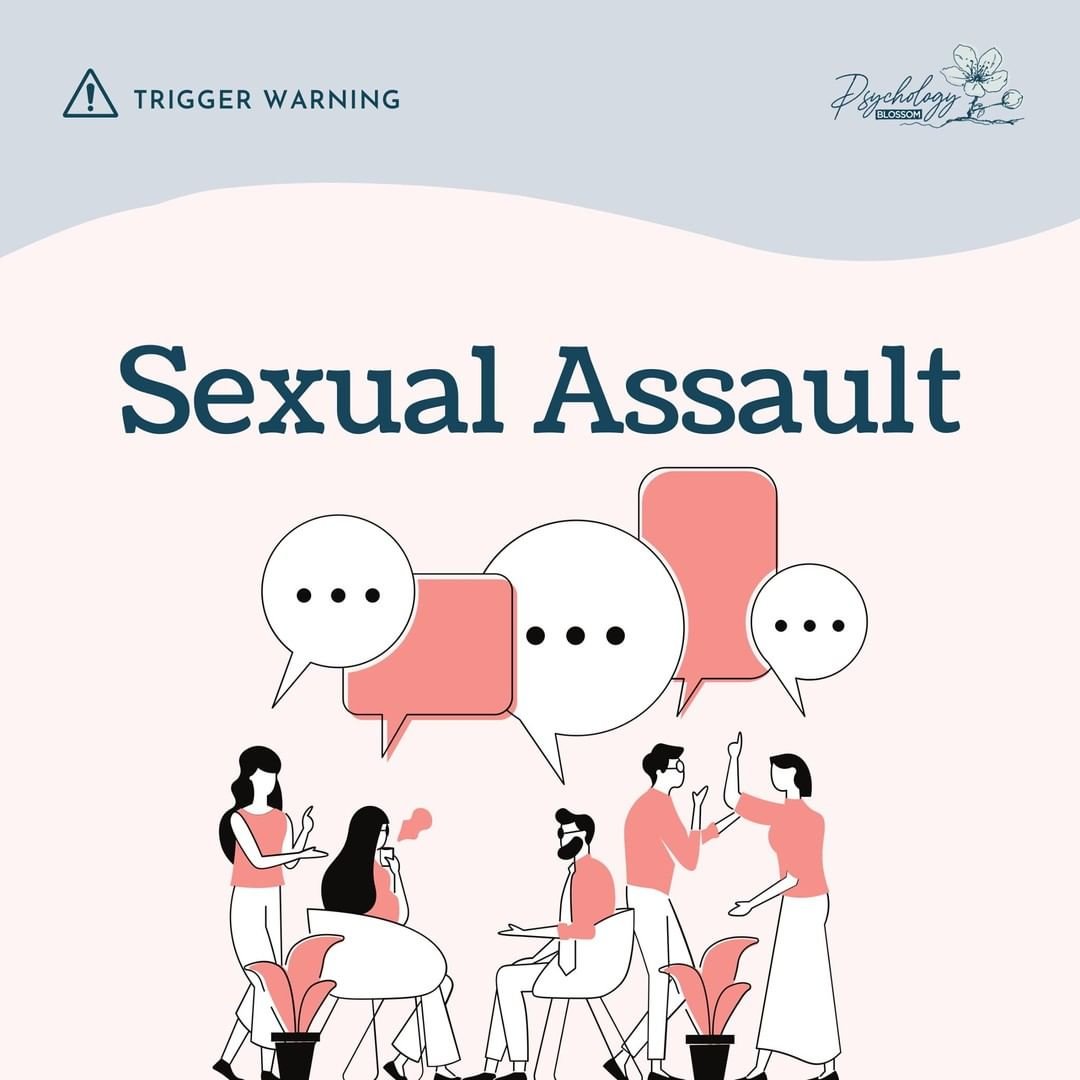Sexual Assault: Understanding, Coping, and Supporting Survivors
[TRIGGER WARNING: This page and the media it contains mentions the topic of sexual assault. Viewer discretion is advised.]
Sexual assault refers to any sexual behaviour carried out without consent that makes an individual feel uncomfortable, threatened, or scared. This includes coercion, the persuasion of someone to conduct sexual acts, or sexual advances continued after consent has been withdrawn. Consent must be voluntary, informed, and ongoing — its absence makes any sexual act an assault.
According to the Association of Women for Action and Research (AWARE) Sexual Assault Care Centre, sexual assault includes:
✽ Any penetration without consent (e.g., vaginal, oral, or anal), using any part of the body (penis, fingers) or object.
✽ Any unwanted sexual touching, stroking, kissing, groping, etc.
✽ Unwanted sexual requests, messages, or gestures, including electronically, in the workplace or elsewhere.
✽ Being made to view pornography against your will.
✽ Unwanted taking and/or sharing of nude or intimate photographs or videos, e.g., upskirting.
What to Do as a Victim of Sexual Assault
If you are a victim of sexual assault, know that you are not at fault. No one has the right to violate you, regardless of what you wore, how you behaved, how much you drank, or your sexual history.
After an assault, try to recall and document everything you can — when and where it happened, the appearance and clothing of the offender. You are strongly advised to lodge a police report and seek medical attention if necessary. However, it is understandable if these steps feel overwhelming or distressing. It is your choice, and your safety and healing come first.
You may experience emotions such as shame, disgust, guilt, or numbness. While these feelings are painful, allowing yourself to acknowledge and accept them is critical for recovery. Acceptance does not mean blaming yourself; it means recognizing the assault was out of your control.
Reaction to the Assault
It is common for survivors of sexual assault to experience traumatic flashbacks. Identifying potential triggers, such as the location of the assault or certain sounds, may help you understand your reactions. If a panic attack occurs, grounding techniques like controlled breathing, tapping your arms, or naming things you see around you can help distinguish a flashback from present reality.
If you do not feel ready to share your experience, that is okay. But bottling everything inside can feel suffocating. Consider speaking with a trusted loved one, joining a support group, or even sharing your story anonymously online. Even if you do not wish to speak specifically about sexual assault, staying connected with people can prevent isolation and foster recovery.
When Should You Seek Professional Help?
Sexual assault is strongly associated with mental health conditions such as depression, post-traumatic stress disorder (PTSD), and anxiety disorders. If the repercussions of the incident are severely interfering with your daily life, it is essential to seek help from a mental health professional. Professional Sexual Assault therapy can provide a safe space to process trauma and gradually regain control and self-worth.
How Can I Support Someone Who Has Been Sexually Assaulted?
✽ Be a Listening Ear
Focus less on “fixing” the person and more on listening to what they choose to share. Being present and compassionate can be more healing than offering solutions.
✽ Avoid Blaming or Trivialising
Never say things such as:
- “Cheer up”
- “Don’t cry”
- “At least you weren’t…”
- “Why did you do that?”
✽ Use Supportive Phrases Instead
- “Thank you for sharing.”
- “You are not to blame for what happened to you.”
- “You didn’t deserve what happened to you.”
- “What do you need the most right now? How can I help?”
Offering empathy, patience, and validation can make a significant difference in a survivor’s healing journey.
We recommend This Video to those who wants to learn more about Sexual Assault Support and Recovery.
